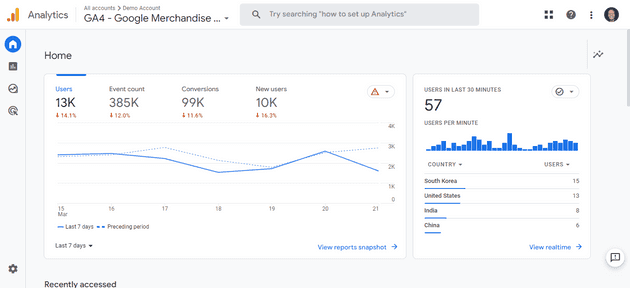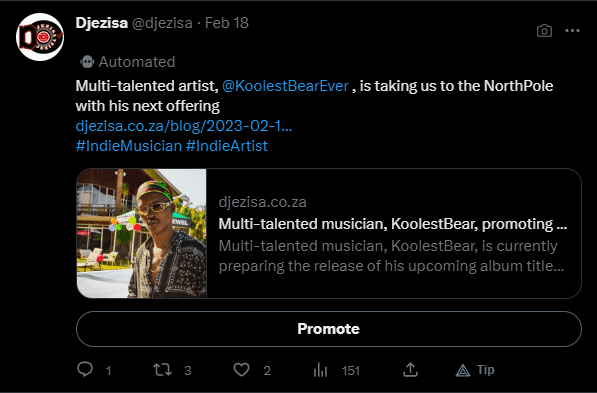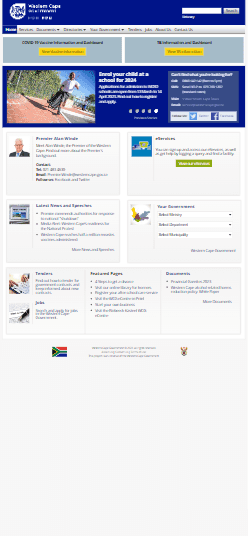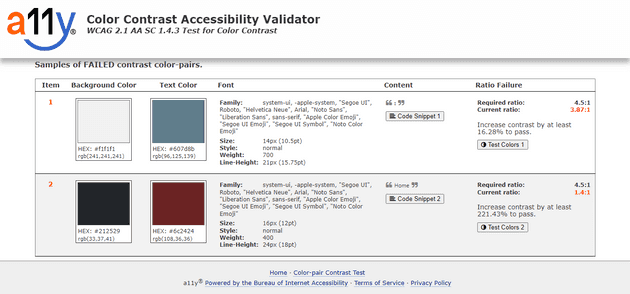You have decided to get a website for you or your business but are overwhelmed by the number of technologies to add to it to achieve your business goals. In this article, I will highlight the most important features every website should have.
Security - SSL Certificate
An SSL certificate is a digital certificate that enables an encrypted connection between a web server and a web browser. An SSL certificate is essential to keep your customer’s personal information private and secure.
You can identify that a website has an SSL certificate when you see a lock icon next to the URL in the address bar of an internet browser.
Analytics
A website is a tool used to market a business and engage with potential customers. Every business should have a marketing plan and with analytics, the website owner is able to assess the success of a marketing campaign.
Analytics give insight into which web pages users are engaging with, the total amount of time spent on specific web pages, the devices used to access the website, and the geographical location from which the user is accessing the website. This data is useful for businesses to make informed decisions.
The most common analytics tools are Google Analytics and Plausible.
Open Graph Protocol
Created by Facebook, the Open Graph Protocol is used to provide more information about a website. The information is used to generate a rich preview of the website whenever it is shared on social media platforms.
The rich preview gives potential visitors more information about the link shared such as the poster of the article, the title, and a short description of what the article is about. The link is also easier to click for potential visitors.
Responsive Web Design
There are various devices that we use to access the internet. Responsive web design is an approach that aims to make sure that content on a website is easy to access and engage with across all different devices.
It is important that a website is easy to use and navigate on mobile devices because that is the type of device that is used the most to access the internet.
eAccessibility
eAccessibility is the practice of ensuring that your website is accessible to people with disabilities such as hearing or visual impairment. This involves making sure that the text and background color of a website has a reasonable contrast that makes it easy to read, images on a website are accompanied by a suitable descriptive text, and also making sure the website’s text is big enough for ease of reading.
By prioritizing your website’s accessibility you ensure that all your visitors have a great user experience which results in better SEO for your website.
Fast Loading Time
If your website is slow then visitors will leave your website before it even loads. Google recommends a loading time of at most 3 seconds for a great user experience.
A website needs to be optimized for the various devices used to access it to achieve fast loading times. Some of the practices involve serving the correct-sized images for each device size and also compressing the website’s script.







